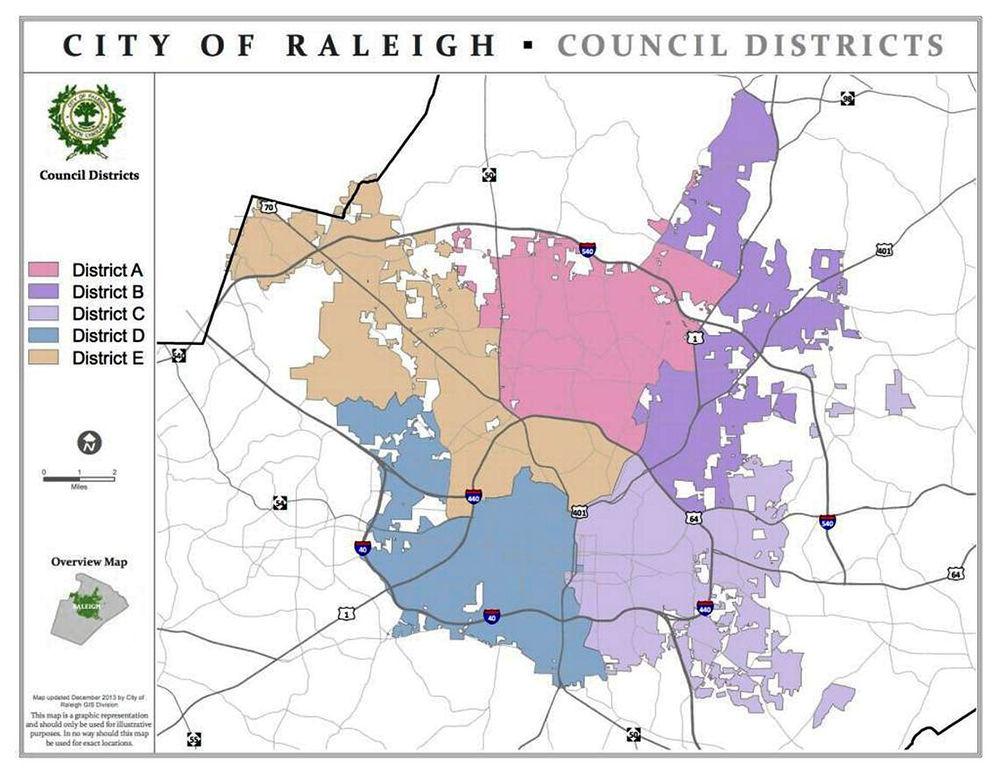The Wake County unofficial election results for the Oct. 10, 2017 Municipal Election show no major changes in voter turnout. However, the results show how the socioeconomic conditions at precincts influenced voters’ decisions in the mayoral election.
Wake County Board of Elections Director Gary Sims said it is not unusual for voter turnout to be low. Sims pointed to the Pullen voting location, where many NC State students and residents from around campus vote, which only saw 368 people cast votes.
“Historically, we do not get very much participation in municipal elections,” Sims said.
The fact that not all NC State students are Wake County voters is one of the main reasons why voting locations do not see higher numbers in voter turnout.
“Just [because students] go to NC State… it doesn’t necessarily mean they want to be a Wake County voter,” Sims said. “They may still consider wherever they came from to be their home or residence. They may vote absentee by mail there, or maybe they went home and voted on that day, or basically just not vote at all.”
NC State students have different reasons to why they are not registered to vote in Wake County. For example, Will Hart, a fourth-year studying chemical engineering, is not a registered Wake County voter. Hart is registered where his parents live because of convenience.
“It’s easier to do an absentee ballot than register, than to actually go to the polling location.” Hart said. “That’s what I do.”
Douglas Dobson, a fourth-year studying forest management, is also not registered to vote in Wake County. Dobson is registered back home because he does not plan on staying in Raleigh after graduation. He agrees with Hart’s notion that filling absentee ballots is the easier choice.
“The absentee ballot is just really easy,” said Dobson.
Sims hopes that more people will consider voting in municipal elections.
“It is always sad… we do have a very large population, and we don’t get very high turnout,” Sims said. “Municipal elections are important too, and unfortunately, people opt to choose just to vote in what they consider to be the big election, but I consider every election important and big, so I hope people will consider to be more engaged.”
According to maps and data from Statistical Atlas and the Wake County Board of Elections, most of the precincts won by incumbent mayor Nancy McFarlane are located in the northern and western parts of Wake County which is where the majority of Raleigh business owners vote. Yet, Charles Francis mostly won the eastern and southern precincts, which include areas with higher black and Hispanic populations where he campaigned heavily.
Francis announced in a press conference on Sunday that he will be applying for a runoff election against McFarlane. More information about runoffs in Raleigh and Cary can be found on the on the BOE website.
The official election results will be released Monday on the Wake County Board of Elections’ website.








